
Controversy Brews Over Nepal-China Belt and Road Agreement: Coalition Divided on Financing Terms
Nepal’s recent signing of the Belt and Road Cooperation Framework with China has sparked internal political discord, exposing rifts within the ruling coalition. While the Communist Party of Nepal (UML) hails the agreement as a diplomatic milestone, its partner, the Nepali Congress (NC), is increasingly apprehensive about the framework’s financial implications.
At the heart of the controversy are the modifications to the agreement’s language, introduced during former Prime Minister KP Sharma Oli’s visit to Beijing. These changes, particularly the inclusion of terms like “aid financing modality,” have left the NC uneasy, as they could blur the line between grants and loans. The NC had earlier resolved to accept only grants under the Belt and Road Initiative (BRI), avoiding loans that could deepen Nepal’s financial vulnerabilities.
NC leaders, including Vice President Purna Bahadur Khadka, have called for clarity before the party adopts an official stance. Khadka emphasized the need for institutional discussions, with a formal position expected after the party’s meeting on December 9. However, this delay has exposed the party to criticism for lacking a decisive approach to a critical foreign policy matter.
UML leaders, on the other hand, have dismissed the NC’s concerns, framing the agreement as a consensus-driven achievement. Senior Vice President Ishwar Pokharel and Foreign Relations Advisor Rajan Bhattarai downplayed the controversy, asserting that the coalition’s stability remains unaffected. They also assured that project financing under the BRI would follow case-by-case discussions, maintaining Nepal’s autonomy.
Nevertheless, dissenting voices within the NC, including senior leader Dr. Prakash Sharan Mahat, caution against rushing into commitments without understanding their long-term economic implications. Critics argue that the lack of transparency over loan terms risks exposing Nepal to debt dependency, a common critique of China’s BRI projects worldwide.
The disagreement underscores deeper tensions within Nepal’s ruling coalition over the country’s foreign policy direction and approach to major infrastructure agreements. For the NC, the framework’s vague financial commitments highlight fears of undermining Nepal’s economic sovereignty. For the UML, the deal represents a chance to strengthen ties with China, even if it means navigating complex coalition politics.
As Nepal moves forward, the debate over loans versus grants remains emblematic of broader concerns: balancing economic development with fiscal prudence and maintaining diplomatic neutrality amid increasing regional competition. Whether this agreement will yield transformative infrastructure or deepen political and economic fissures depends on the coalition’s ability to reconcile its internal conflicts.
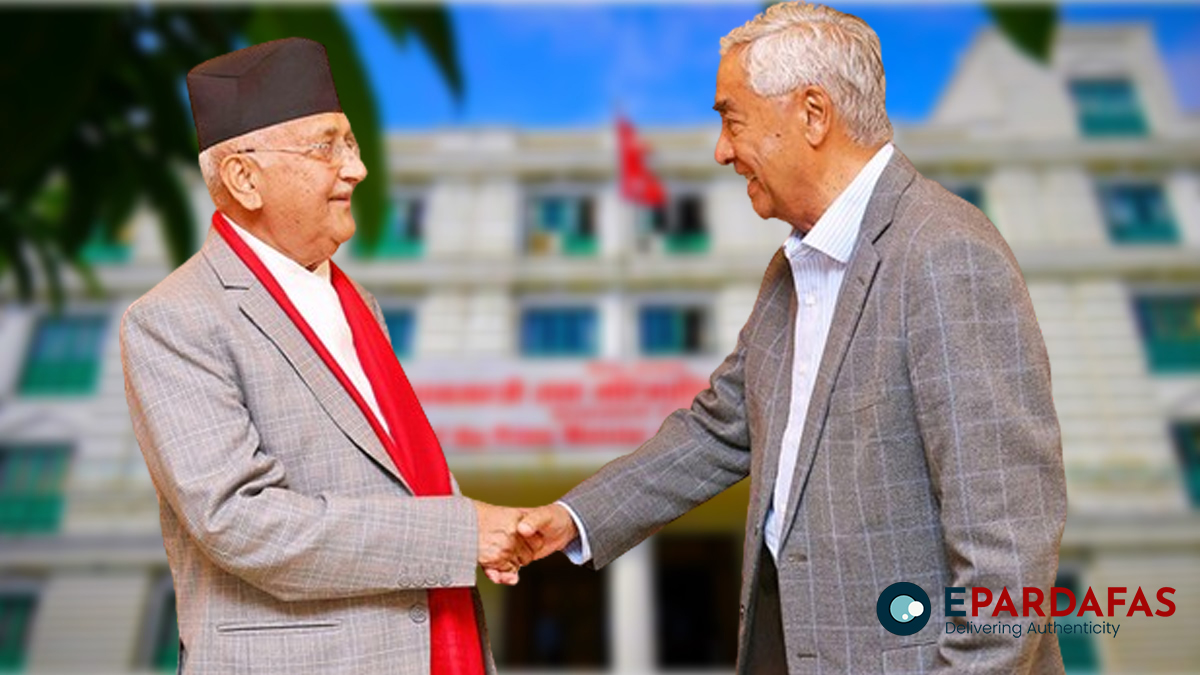

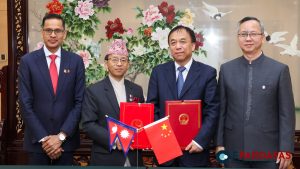


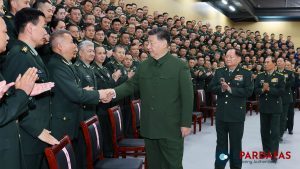
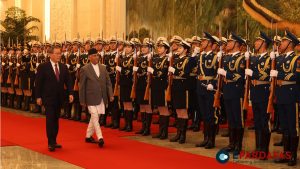




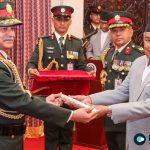
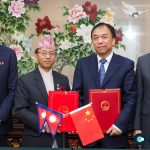
Comments